YOU’RE NOT ALONE: COMMON QUESTIONS ABOUT COVID-19 TESTING
Not everyone needs to be tested for (Coronavirus) COVID-19. The CDC has guidance for who should be tested, but decisions about testing are at the discretion of state and local health departments and/or individual healthcare providers.
Because we’ve been getting a lot of questions about COVID-19 testing—we thought we’d share some popular questions and answers that might help in making decisions about seeking care or testing.
- When do you think you will have testing available, or do you expect to be able to provide that at some point?
- At this time, we do not currently have any COVID-19 testing kits. Our current goal is to direct COVID-19 and presumptive COVID-19 members to the appropriate care level (Often, home with TLC) in order to allow the clinical team to remain available to all members virtually, be there to dispense medications, and to see those patient members who need in-person care as free from potential Coronavirus as possible
- If someone is sick and not tested from our work but is in self-isolation, what do the remaining people do?
- This would be a case to case basis. However, if the self-isolated person has symptoms, it is advised that those working in close proximity practice self-quarantine as well.
- As the availability for testing becomes more accessible, is it true that these tests should be administered more liberally?
- Testing recommendations will change when the availability of the testing and the prevalence of Coronavirus in the community changes. For example, even when testing is widely available, when a great many people have the virus, there is no need to test if you are mildly symptomatic. At the opposite end, when we are at the tail end of the virus and only a few people are affected, testing everyone around them becomes more important.
- If an employee or immediate family member has been in contact with someone who tested positive for COVID-19, but they have no symptoms, what should they do?
- Self-quarantine for up to 14 days
- Can a person test negative and later test positive for COVID-19?
- Using the CDC-developed diagnostic test, a negative result means that the virus that causes COVID-19 was not found in the person’s sample. In the early stages of infection, it is possible the virus will not be detected. For COVID-19, a negative test result for a sample collected while a person has symptoms likely means that the COVID-19 virus is not causing their current illness.
This current guidance may change, but if you need testing, your provider will help direct you to a testing facility if possible. Please remember to contact your provider first if you have symptoms, do not come into the office. Please do not hesitate to contact us at any time with any questions. We are here to help.

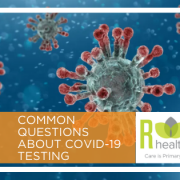
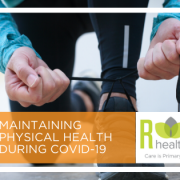
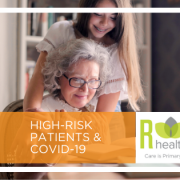
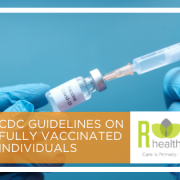
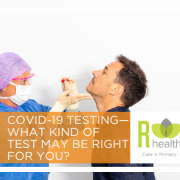

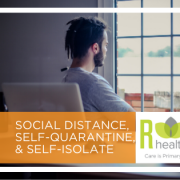
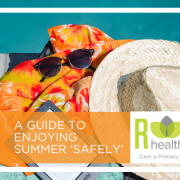




Leave a Reply
Want to join the discussion?Feel free to contribute!